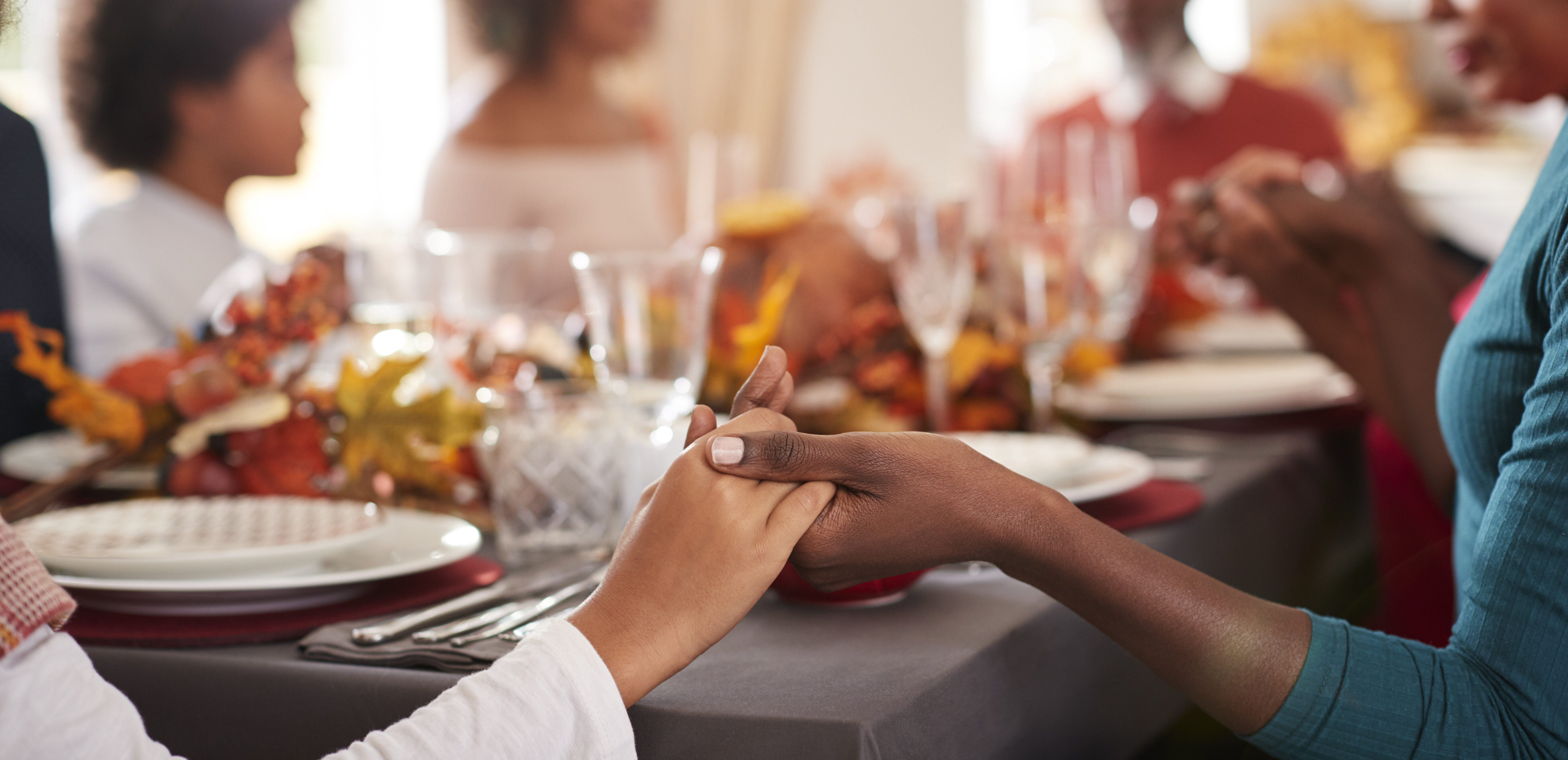By the Renaissance Education Team
Most of us get together with family and/or friends over the holiday break in line with our traditions. But for some, the holidays can be a difficult time of being constantly reminded that their peers have it better, or consider their traditions to be the cultural norm. Conversations about gifts and happy homes can make students feel excluded rather than included in holiday cheer.
For example:
- For students from different cultural backgrounds, assuming everyone celebrates Christmas can make them feel unwelcome in your community.
- For students whose families are not financially secure, asking what gifts they got or what trips they took over break can make them feel poor compared to their classmates.
- For students whose parents are unable to be present, assuming everyone will have a happy family gathering can make them feel left out and lacking.
- For students with disabilities, the lights, noise, music, and forced time with people can be overwhelming, and assuming everyone loves the hubbub of the holidays can remind them of their differentness.
- For students who are unhoused and staying with people other than immediate family, asking if they put up stockings or decorated a tree can reinforce shame of not having a home.
- For students who have lost someone important to them this year, talking about spending time with those we love can remind them there will be an empty seat at the table.
Consider these tips for fostering inclusive conversations during the holidays that recognizes all kinds of traditions and family situations. Above all else, be supportive of your students making the most of their break, whatever that means for them!
TIPS FOR CREATING INCLUSIVE CONVERSATIONS DURING THE HOLIDAYS FOR TEACHERS:
In Early December:
- Recognize that many religions and cultures have holidays that take place in December, including the Jewish Hanukkah, Christian Advent and Christmas, Bodhi Day for Buddhists, Feast of our Lady of Guadalupe and Las Posadas in Mexico, Islamic holiday Eid Milad Un Nabi, the Winter Solstice for Pagans, and African-American Kwanzaa.
- Include these holidays in your announcements, especially if you know you have students from these groups in your school.
- Plan a cross-cultural celebrations with students who represent these groups, with a variety of foods and displays or performances, to demonstrate that your school values its diverse community.
- If your school provides meals for students to take back to their families, remember that a can opener or microwave might not be available to them. Try to focus on foods that don’t need refrigeration or tools, or try to provide them.
On the Day Before Break:
- Wish them a break that everyone could have. For example, say “I hope you can spend time celebrating with those you care about.”
- Acknowledge that the holidays can be hard for some, and suggest they reach out to friends who could use extra support.
- Encourage those with time to volunteer with a local organization to give back to others.
- Remind them to take care of themselves – get plenty of sleep, do things they enjoy, eat reasonably, have quiet alone time, and take walks and exercise.
- Tell them you will miss them during break.
On the First Day Back from Break:
- Instead of group discussions about “what you got” or “where you went”, use prompts like “how did you spend your break” or “what was your favorite thing about break.”
- Encourage making New Year’s resolutions, but if you share as a class, keep them personal and achievable so everyone can relate. Try out these strategies influenced by the WOOP method.
- Embrace your routines. Some students will be off-kilter from several weeks without the usual schedule, and will be glad to get back to a more predictable daily routine and the relative equality of being just one of the class members.
WANT TO USE JOSTENS RENAISSANCE?
If you are a Jostens customer and you need a login to access all the resources on JostensRenaissance.com, email your rep or click here.
If you don’t currently partner with Jostens for yearbooks or graduation regalia or other celebratory products, you can learn more here.

